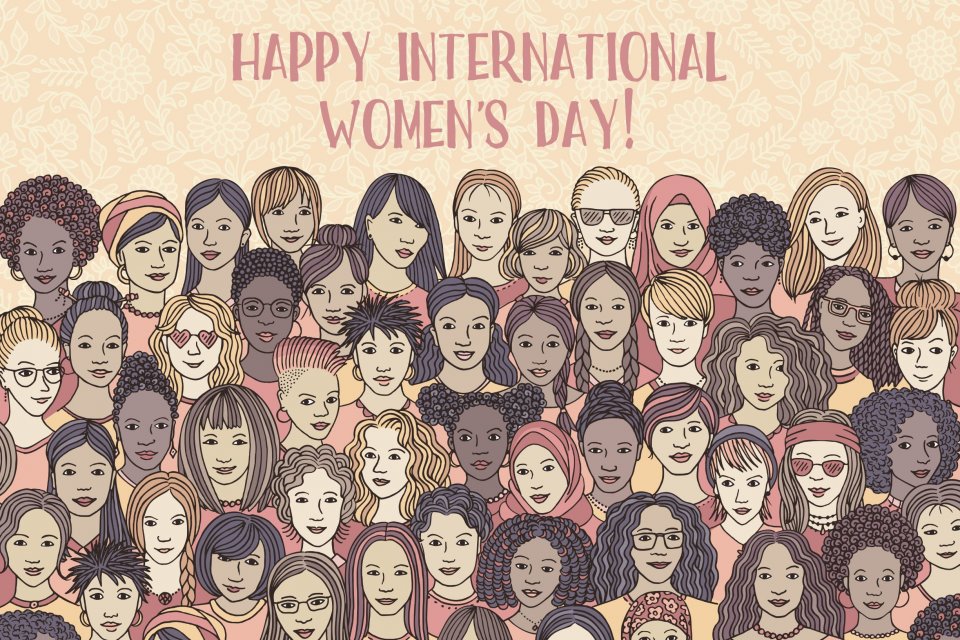
Women Need To Stop Sabotaging Themselves!
Over the past 5 years more than 200 women have completed my Great Leaders Are Made (GLAM) women’s leadership development program. More than 40% of them have been promoted or received a pay rise within 13 months of completing the program, or have gone on to be offered a more senior role in another organisation with greater responsibilities and remuneration than the previous role.
If you want to participate in the final GLAM programs in Canberra and Sydney for 2015, go to our website at https://avrilhenry.com/services/glam

There are a number of “Golden Rules” for GLAM which are:
Stop saying “Sorry”, unless you have hurt someone’s feelings! Women often start sentences with “I’m sorry to ask …”, “I’m sorry to interrupt…” or “I’m sorry to disagree…”, something men don’t do. Men use language such as “Do you have a minute now?” or “I don’t agree.” Women need to stop apologising for everything and anything, including those things that are simply not their fault.
Do not minimise your achievements and efforts, and accept compliments graciously. When complimented on good work, do not say “It was nothing,” especially when you put in extra effort and time to achieve good results. Say “Thank you, it was a lot of work and effort, and I too am happy with the result.”
Know what your key achievements are, be proud of them, and be willing to speak about them when pursuing a career opportunity. This is not boasting, it is simply strategic career management
Don’t be afraid to say “No” when you don’t want to do something or don’t have the time, without feeling guilty!
Believe in yourself; if you do not believe in yourself, you cannot expect anyone else to do so
Say “Yes” to opportunities when they present themselves, take risks and don’t be afraid to fail
Back yourself!

The reality is that many women sabotage themselves and their careers through engaging in self-defeating behaviours and limiting language. From early childhood, girls are taught that their ultimate success in life is dependent upon them behaving in stereotypical ways, such as being polite, speaking softly, being agreeable and not openly disagreeing with others, and taking care of others first. This is reinforced by family, social messages, language and the media. It is not that women consciously behave in self-defeating ways it is that they are acting in ways consistent with what they have been taught all their lives while growing up. Women are conditioned to be ‘nice girls’. Women have learnt that it is easier to ‘fit in’. I love Lois Frankel’s comment: ‘Success comes not from acting more like a man, as some might lead you to believe, but by acting more like a woman instead of a [nice] girl.’ This of course is not the case for all women, as many women have found ways to overcome the stereotypes they learned in their childhood, and act in empowered ways.
Women sabotage themselves by constantly questioning their abilities, suffering from the “imposter syndrome,” i.e. “what if I am not as good as people think I am?” This in turn leads to a lack of self-confidence. Men have no hesitation speaking about their achievements and liberally using the word “I”, whereas women need to be encouraged to share their achievements and are more inclined to use “we”, even if they did the work themselves without assistance. Women see such language and behaviour as boasting, rather than as self-promoting.
My advice to women who aspire to lead is to be bold, speak up, take risks, don’t fear failure and above all stop caring what others think about you!
@avrilhenry




